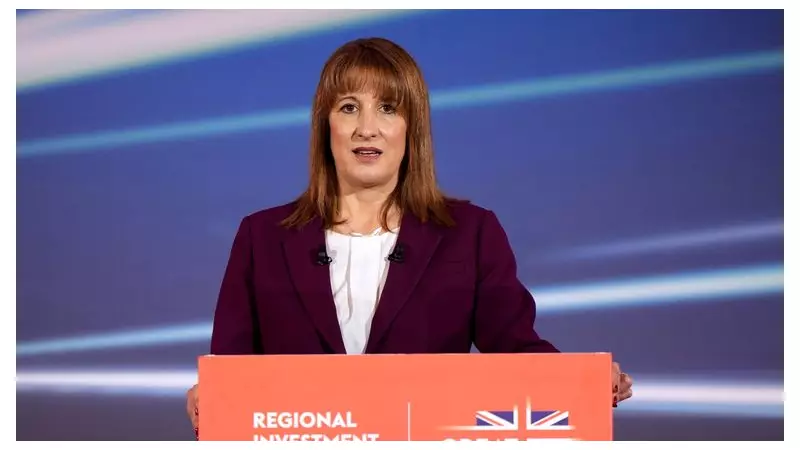
Chancellor Rachel Reeves has emerged from a planning permission controversy surrounding her £1.5 million constituency property, but the episode has left lingering questions about political judgement and transparency that cut deeper than the initial headlines suggest.
The Constituency Home Controversy
The Labour MP for Leeds West found herself at the centre of media scrutiny after it emerged that extensive renovations to her family home in Bramley, Leeds, had been completed without the required planning permission. The property, purchased for £1.5 million, underwent significant internal and external modifications that should have triggered formal approval processes.
What Went Wrong?
According to planning experts consulted by Sky News, the alterations to the Reeves property included structural changes that typically require local authority consent. The situation only came to light when neighbours raised concerns about the scale of the renovations, prompting local council officials to investigate.
"This isn't just about paperwork," noted one Westminster insider. "When a senior politician responsible for economic policy appears to bypass the same rules that ordinary citizens must follow, it raises serious questions about accountability."
Damage Control and Political Fallout
Reeves's team moved quickly to contain the damage, submitting retrospective applications and maintaining that the oversight was an honest mistake by contractors. However, critics argue that as a high-profile MP and former Bank of England economist, Reeves should have been more diligent about compliance.
The timing is particularly awkward for the Labour Party, which has positioned itself as the party of integrity and competence following years of Conservative scandals. Opposition MPs have been quick to highlight what they see as hypocrisy.
Broader Implications
Beyond the immediate political embarrassment, the incident touches on several sensitive issues:
- The perception that political elites operate under different rules
- Growing public scepticism about politician accountability
- The challenge of maintaining clean records in an era of intense media scrutiny
- The potential impact on Labour's "clean start" messaging
What Happens Next?
While Reeves has technically survived the immediate crisis by regularising the planning situation, the episode has left a mark. Political analysts suggest that such incidents, while not fatal individually, can accumulate to damage a politician's credibility over time.
"The real test," observes one political commentator, "isn't whether she survives this particular scandal, but whether it becomes part of a pattern. Voters are increasingly sensitive to any suggestion that politicians consider themselves above the rules that govern everyone else."
As the Labour government continues its tenure, all eyes will be on whether this incident proves to be a minor stumble or the beginning of a more significant credibility problem for one of its most senior figures.





